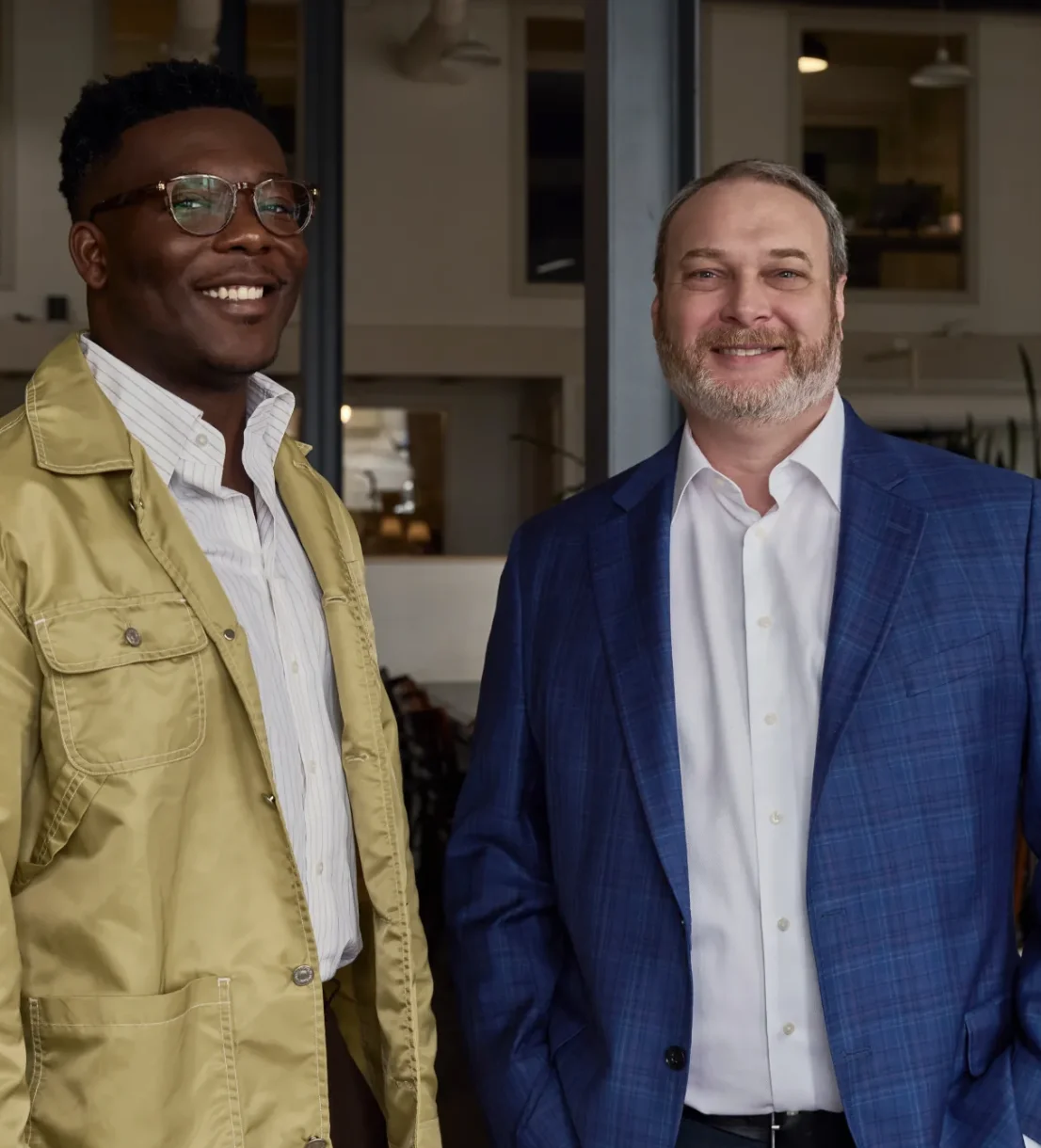“AI is impressively creative and will become even more so over time,” said Eric Horvitz, Chief Scientific Officer at Microsoft, during a dialogue with physicist Brian Greene at the World Science Festival. The conversation centered on how AI may not just enhance scientific inquiry but completely reshape it.
Horvitz explained that AI has already shown its potential in speeding up scientific discovery.
“Where it might take several years to analyze and develop new materials or pharmaceuticals, AI systems can now generate possibilities and guide experiments in weeks or even days,” he shared. This leap in efficiency suggests that AI is on the brink of revolutionizing how we solve complex problems in science.
The ability of AI to synthesize knowledge across different fields is another transformative aspect Horvitz addressed.
“We’re just starting to see glimmers of what it might mean for the sciences,” he said, noting how AI doesn’t adhere to disciplinary boundaries. It can connect insights from physics, chemistry, biology, and beyond, creating opportunities for breakthroughs that were previously unimaginable.
Beyond efficiency, AI may soon redefine the fundamental nature of scientific exploration. When asked about AI’s ability to generalize complex systems, Horvitz remarked: “I do think these systems will help us make the kinds of generalizations that Isaac Newton might have made.” The comparison to Newton’s discovery of gravity illustrates the magnitude of the shifts AI could usher in.
Although there is excitement, Horvitz also acknowledged the concerns surrounding AI. He paid attention to the importance of staying vigilant, particularly when it comes to the misuse of AI technologies.
“AI can be harnessed in malevolent ways, especially in areas like biology. But we need to be proactive in addressing these risks,” he said, urging for careful regulation and ethical considerations as AI becomes more integrated into our lives.
Yet, his overall outlook remained optimistic. Horvitz believes that AI’s true potential lies in serving humanity.
“It’s time to assert the primacy of human agency and to think about how these systems will serve us,” he stated. For him, the future of AI isn’t about humans becoming obsolete, but about harnessing its power to unlock new frontiers in science.
As Horvitz put it, “We are in a transformational time.” AI’s potential to spark the next scientific revolution is real, and its impact, whether in discovering new materials, revolutionizing healthcare, or decoding the mysteries of the universe, will be profound.






